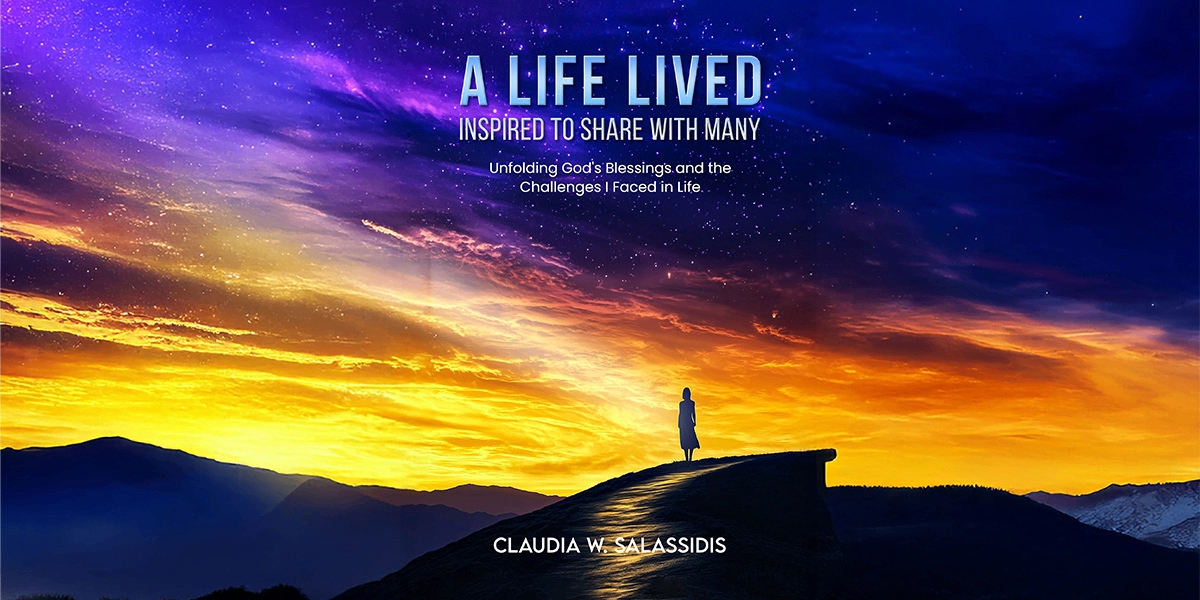By: Daisy Reed
Navigating copyright and licensing can be challenging for many authors. Understanding these concepts is vital for protecting your work and ensuring you receive the recognition and compensation you deserve. Whether you’re a first-time writer or an experienced author, knowledge of copyright and licensing is crucial in the publishing industry. At Paramount Book Publishers, the Paramount Group is guiding authors through these complexities and providing valuable insights and services to help them effectively manage their rights. In this article, we’ll cover the fundamental aspects of copyright and licensing that every author should know.
What is Copyright?
Copyright is a legal protection granted to creators of original works, including literature, music, art, and more. It gives authors the exclusive right to reproduce, distribute, perform, and display their work. Copyright protects your creative expressions, allowing you to control how your work is used and ensuring that you receive credit for it.
Key Points About Copyright
- Automatic Protection: Copyright protection is automatic upon the creation of your work. You do not need to register your work to have copyright, although registration provides additional legal benefits.
- Duration: Copyright typically lasts for the life of the author plus 70 years. For works created by multiple authors, it lasts for the life of the last surviving author plus 70 years.
- Rights Granted: Copyright grants you several exclusive rights, including the right to reproduce the work, prepare derivative works, distribute copies, and display the work publicly.
Understanding Licensing
Licensing involves giving permission to others to use your copyrighted work under specific conditions. It allows you to retain ownership of your work while granting others the rights to use it in a manner you approve. Licensing can take many forms, including exclusive and non-exclusive licenses, and it is an essential tool for authors looking to monetize their work.
Types of Licensing
- Exclusive License: This type of license grants the licensee exclusive rights to use your work, meaning no one else (including you) can use it for the duration of the license.
- Non-Exclusive License: A non-exclusive license allows multiple parties to use your work, and you retain the right to use it as well.
- Sub-Licensing: You may allow your licensee to grant licenses to other parties. This is common in publishing agreements where a publisher can sublicense your work to foreign publishers.
How We Help
At Paramount Book Publishers, we help authors understand their licensing options and negotiate terms that best serve their interests. Our team can guide you through the complexities of licensing agreements, ensuring that your rights are protected.
Registering Your Copyright
While copyright protection is automatic, registering your work with the U.S. Copyright Office (or the relevant office in your country) offers several advantages:
- Legal Evidence: Registration serves as legal evidence of your copyright, which can be crucial in case of disputes.
- Ability to Sue: Only registered works can be used to file a lawsuit for infringement.
- Statutory Damages: Registration may allow you to claim statutory damages and attorney’s fees in the event of infringement.
How We Help
Our team at Paramount Book Publishers can assist you with the copyright registration process, ensuring that your work is properly protected. We provide the necessary resources and guidance to help you navigate the registration requirements.
Copyright Infringement
Copyright infringement occurs when someone uses your copyrighted work without permission. This can include unauthorized reproduction, distribution, or public display of your work. It’s crucial to be aware of what constitutes infringement and how to protect yourself.
Signs of Copyright Infringement:
- Unauthorized Use: If someone is using your work without your permission, whether for commercial or non-commercial purposes, this is considered infringement.
- Derivative Works: Creating a derivative work based on your original without permission is also infringement.
How We Help
At Paramount Book Publishers, we educate authors about their rights and how to identify potential infringement. If you believe your work has been infringed upon, we can assist you in taking appropriate legal action to protect your rights.
Fair Use and Licensing
Understanding the concept of fair use is essential for authors. Fair use allows limited use of copyrighted material without permission under certain circumstances, such as for criticism, commentary, news reporting, teaching, scholarship, or research.
How We Help
Our team can provide guidance on fair use and help you understand when it applies, ensuring that you are aware of the limits of your rights and how to navigate them appropriately.
For more information on our services, visit Paramount Book Publishers. Let us help you bring your literary vision to life and guide you through the world of book publishing!
Disclaimer: The content in this article is provided for general knowledge. It does not constitute legal advice, and readers should seek advice from qualified legal professionals regarding particular cases or situations.
Published by: Khy Talara






